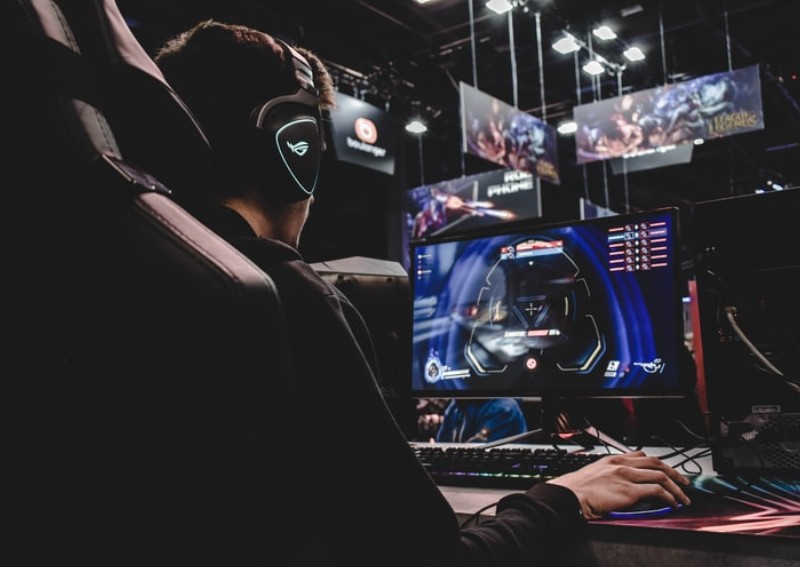Chinese gamers find new 3-hour gaming restriction potentially useless

The Chinese Government is doing what Asian parents have been attempting for many decades now – limiting computer game playtime. It’s a feat that Korea had attempted in the past and is looking to abolish.
The broad plan is tightening its control over the online gaming habits of people under the age of 18 in China. Youths will only be allowed to game for three hours per week, only from 8pm to 9pm, and only on Fridays, Saturdays, Sundays, and holidays. This is a further tightening following the previous restriction of 1.5 hours per day and three hours on holidays in 2019.
ALSO READ: Chinese teens vent at new gaming limits as investors weigh impact on industry
Since the limitation will apply to any devices including phones, this is going to be a major blow to the game industry, especially for those who want to tap into China’s huge market. The effect can already be observed.
Tencent, the world’s largest video game vendor, saw its stock plummeting by 10 per cent in August 2021. This occurred after China’s state media outlet described online games as “spiritual opium” and “electronic drugs”. Other Chinese companies with a gaming focus such as NetEase and game publisher BiliBili also saw their stocks falling.
Following the announcement of the new rules meant to curb the rise in gaming addiction, Chinese netizens took to social media site Weibo to make their opinions heard.
There are many who believe that the restriction is badly thought out, having cast too wide a net.
“Some people drop out of school to work at 16, and now they’ll be restricted when they want to game with colleagues to relax in their free time.”
“Not everyone below 18 will become addicted, and not every adult can avoid becoming addicted, can’t they understand something this simple.”
There is a sense that the authorities could’ve been more nuanced and meticulous in their approach to curb online gaming addiction. Instead of a catch-all solution, which risks the measure not achieving its intended effect, many also suggested a more targeted approach to the restriction.
“Can’t they restrict based on age ranges, with gaming banned for those below 14 or 15, more time given to those between the age of 16 and 18, and with no restrictions for those 18 and above”
This points to indifference towards the different lifestyles of minors at various ages, and there are loopholes present that are too easy to exploit.
“Will this policy even be of any use Primary school children will just play using their parents’ phones and there are even apps that allow people to rent and sell accounts”
“Children can still use their parents’ phones to log in and game, is [the restriction] just for show or do they really want to put a stop to it.”
Not only that, there is also a chance that the restriction will lead to minors feeding another addiction, that the restriction will not fix the problems it set out to fix.
“In truth, nowadays, minors’ addiction to short-video apps is comparable to their addiction to online games.”
“Look at the short-video apps, they make hours pass like mere minutes[…] Will someone who insists on playing games and giving up studies be stopped by a restriction like this? ”
“Youths will definitely keep playing games, this restriction by the government will only make youths switch to single-player console games[…]”
This netizen believes that the addiction will be redirected to other unrestricted forms of gaming, and that the restriction will simply result in “games by internet giants like Tencent reaping in much lower profits”. This is due to the belief that gaming is a habit that cannot be weaned off so easily.
[[nid:542674]]
Despite all the doubts, the consensus seems to be that curbing gaming addiction is admirable, and a move in the right direction.
However, this is not a problem with video games, but largely in the accessibility of addictive content of all types. Not only that, a general restriction like this ignores how much a person’s life can change in their teenage years. This insensitivity leads to a bizarre situation where the age of consent in China is 14 but people can’t play online games freely until they are 18.
It remains to be seen how the game industry in China will shake up and change in light of this, if at all, and if the authorities will make further refinements to this potentially futile new restriction.
This article was first published in Geek Culture.